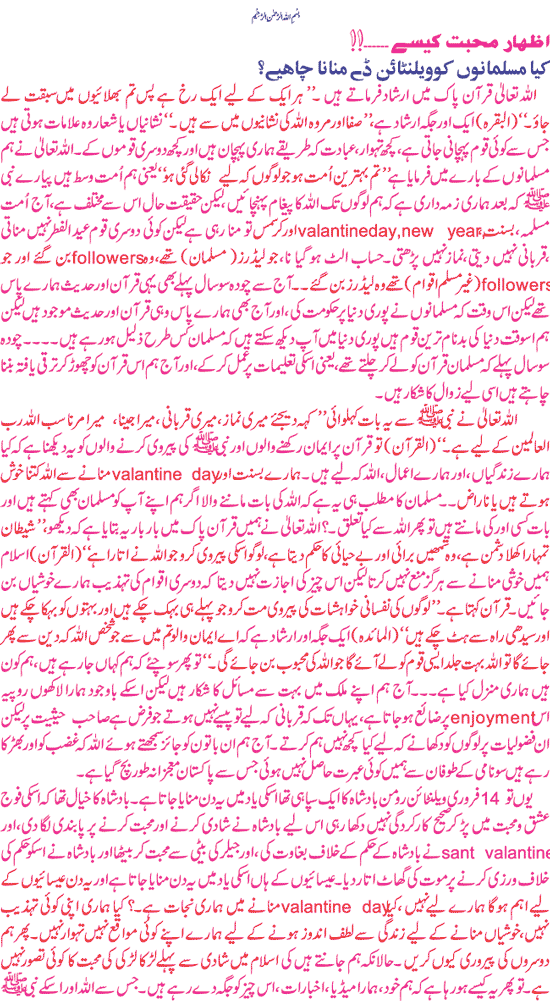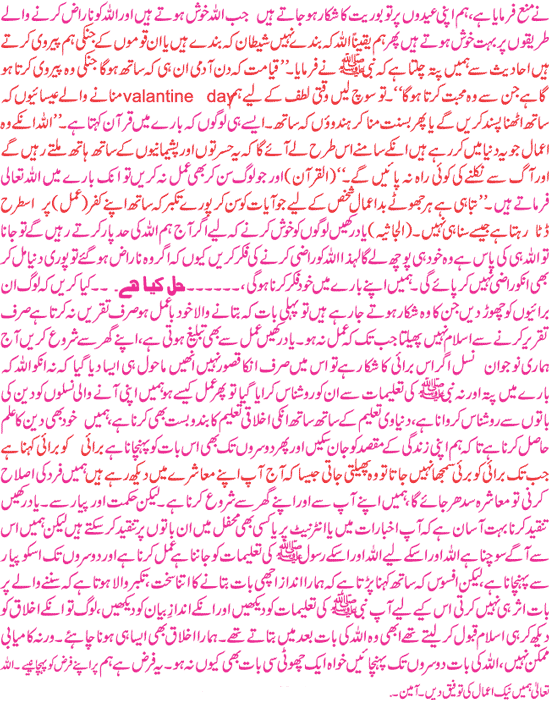Islam came to aid the world and to make it a better place to live in. Be it countries, communities, or individuals, this great religion provides them with clear guidance. Allah has guaranteed those who live by the rules laid down in the Qur’an and the traditions of the Prophet eternal paradise.
As Muslims, we are commanded to perform righteous deeds and Allah says about those who perform righteous actions: “Verily, those who believe and do righteous good deeds, they are the best of creatures.” (Qur’an, 98:7)
Righteous actions will aid us in this world and in the hereafter. In the famous narration collected by Al-Bukhari and Muslim, the Prophet (peace be on him) said, “The dead person is followed (to his grave) by three: His family, his wealth, and his actions. Two of them return and only one remains. His family and wealth return, but his actions remain.”
From this narration, it is understood that our good actions and their benefits will remain with us forever.
But we need to look at what constitutes a righteous action. How often do people think they have performed a good action but in fact, they have not. So what are the conditions that a Muslim must fulfill in order for the action to be righteous? This is shown in the statement of Allah:
“Say (O Muhammad, peace be upon him): I am only a man like you. It has been inspired to me that your God is One God. So whoever hopes for the Meeting with his Lord, let him work righteousness and associate none as a partner in the worship of his Lord.” (Qur’an, 18:110)
For our deeds to be rewarded by Allah, we must first have the proper belief in Allah. We must worship Him alone and not associate anyone with Him. This is Tawheed, the foundation of Islam.




